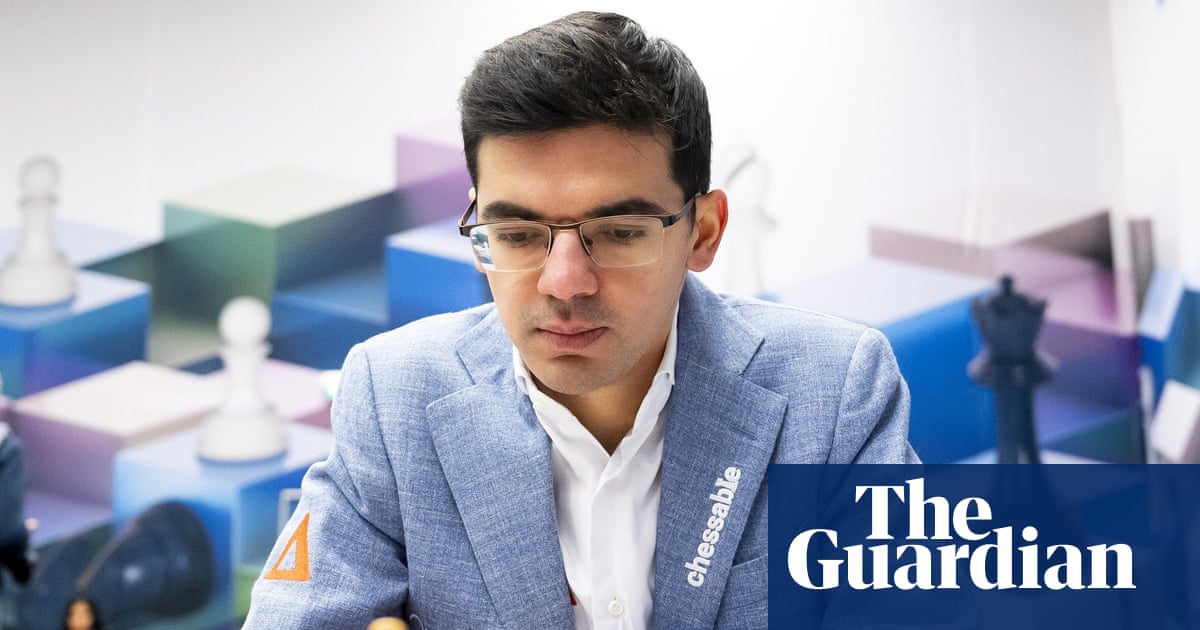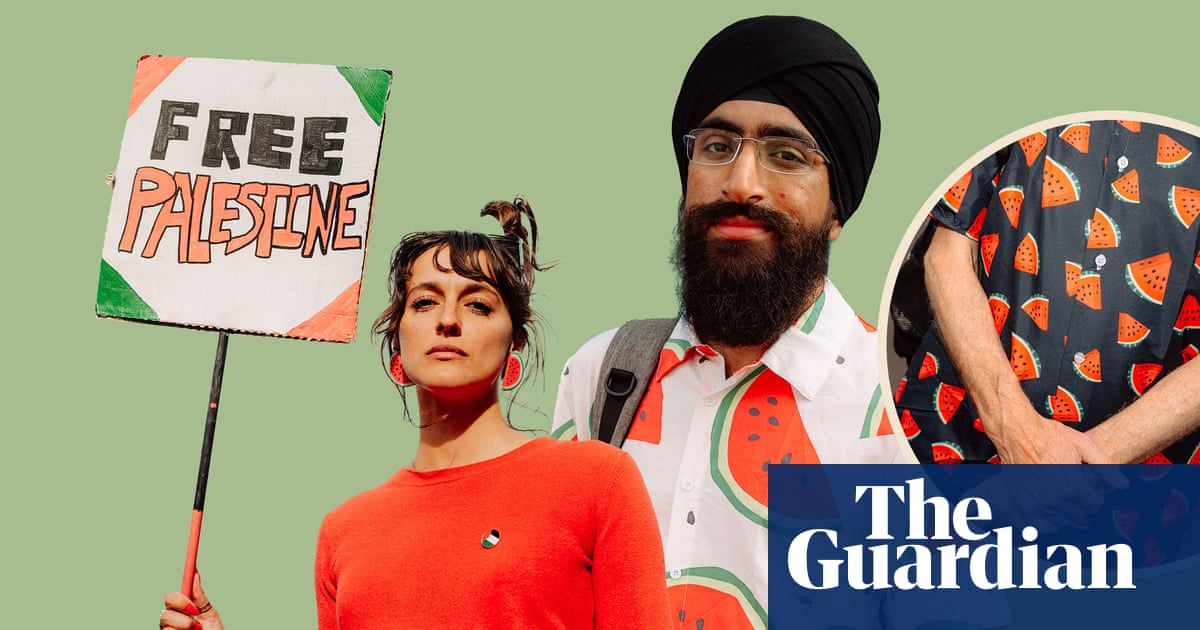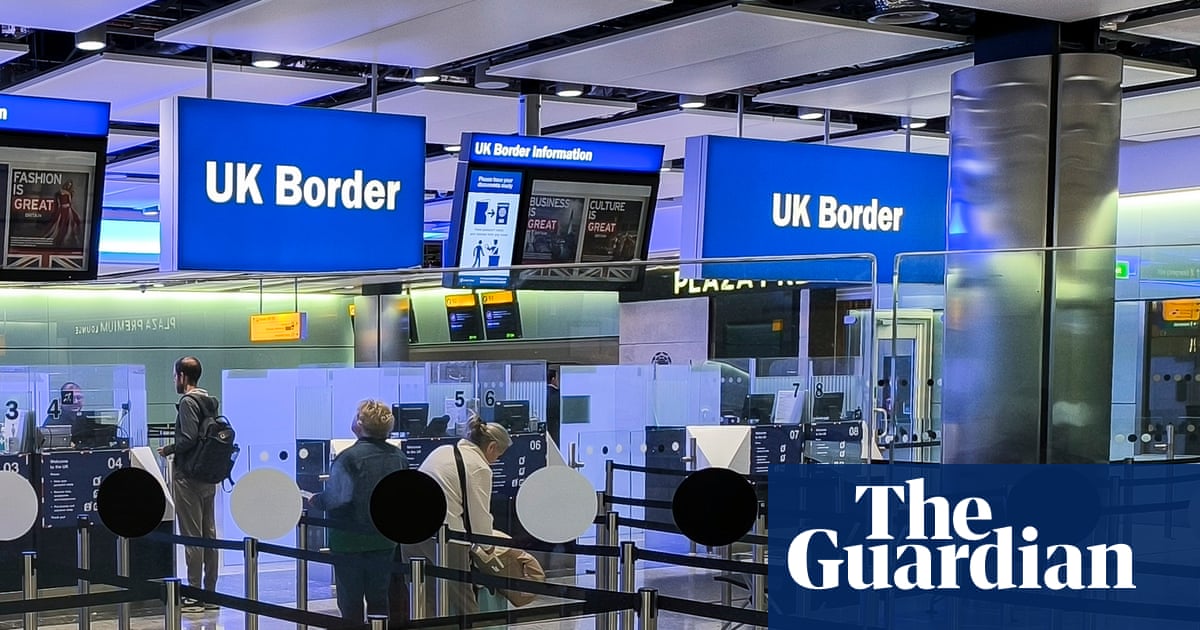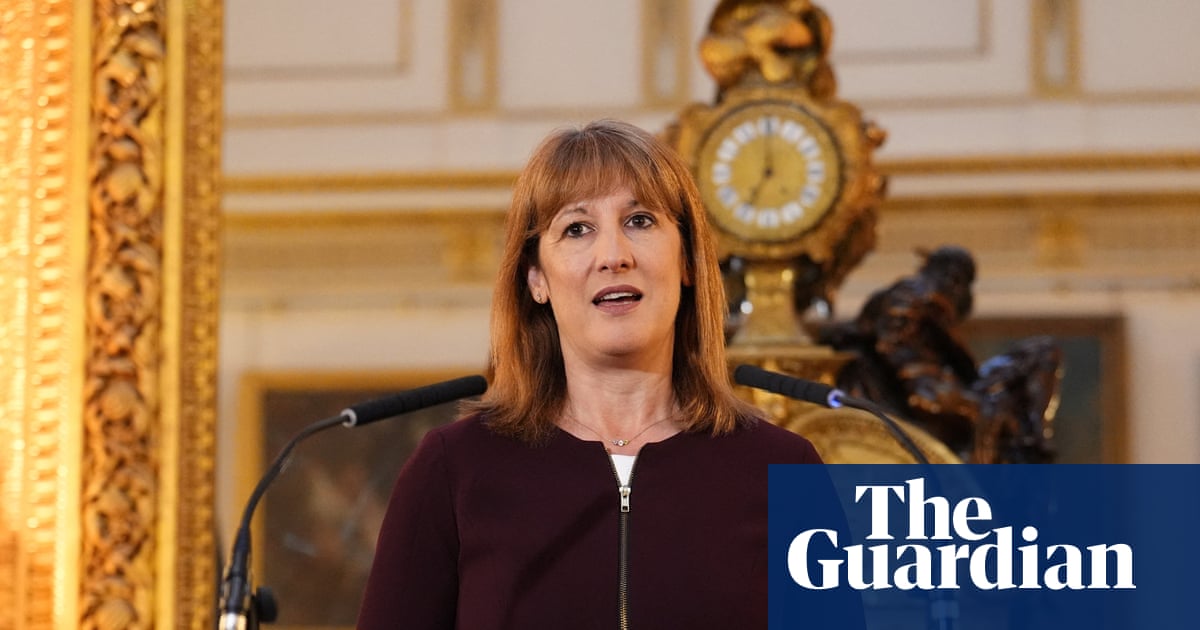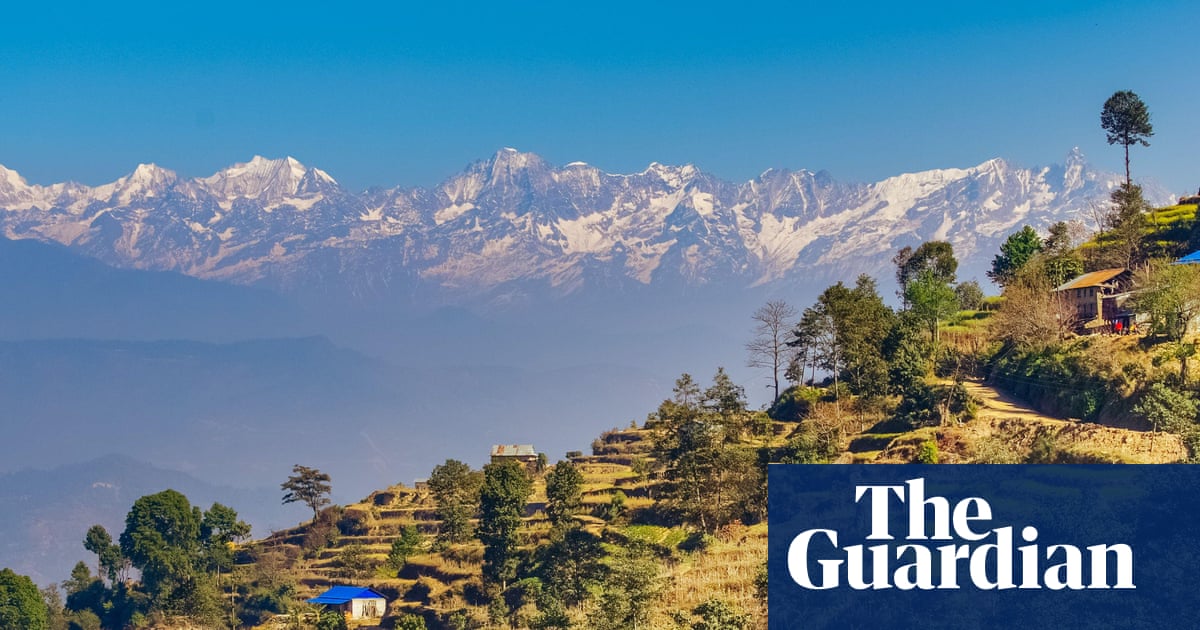In the early weeks of the Covid-19 pandemic, Lidiane Vieira Frazão, 35, was expecting her second child but, even at 40 weeks pregnant, she was unable to obtain a doctor’s note to start her maternity leave.
Her job as a funeral agent – at times handling the bodies of people who had died from the virus – was on the long list of “essential services” that could not be suspended during lockdown, according to a decree issued by Brazil’s then-president, Jair Bolsonaro.
Frazão was finally granted leave only days before giving birth, but she only received care at the second hospital she tried and, despite showing symptoms such as a runny nose and racing heart, her family say she was never tested for Covid-19.
The birth went well, but Frazão returned home still struggling to breathe. She sought help at another hospital, but was only given oxygen after waiting for 10 hours.
Soon after, she fell into a coma. Twenty-two days after giving birth, she died.
Now, five years later, her family has filed what is believed to be the first legal action against the Brazilian state over a maternal death linked to Covid-19.
“One thing that stayed with me was a video, months after my sister’s death, showing the president [Bolsonaro] mocking people who were short of breath,” said Frazão’s sister, Érika, 37. “That really hurt because my sister arrived at the hospital exactly like that.”
Her family argues that Frazão – whose two sons are now 16 and five – died due to negligence, malpractice and mistreatment at the state-run hospitals where she sought care.
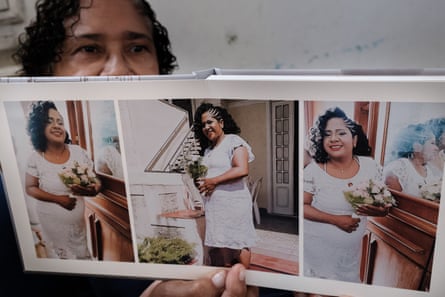
“She told me she was mistreated at the hospital”, said her mother, Eny, 69, who is raising her two grandsons along with the children’s father.
Eny still remembers how lovingly her daughter planned for the second pregnancy. “When she wasn’t working, she’d lie right here on this sofa, in this very spot, talking to him in her belly,” said her mother, sitting in the family home in a bucolic corner of Rio de Janeiro’s North Zone.
A group of lawyers, researchers and activists supporting the lawsuit argue that the case is emblematic of a series of problems that, at one point during the pandemic, made Brazil the world leader in maternal deaths, accounting for 80% of the total.
Often, the women struggled to get treatment, said anthropologist Débora Diniz, a professor at the University of Brasília and one of those behind the lawsuit. “They’d arrive at a maternity ward and the doctor would say, ‘You have Covid-19, go to a hospital.’ Then at the hospital, another doctor would say, ‘You’re pregnant, go to the maternity ward.’”
Diniz coordinates a group at the university that carried out a qualitative study to understand why so many maternal deaths were occurring in Brazil. The reasons included delays in Covid-19 testing and a reluctance to admit patients, as happened with Frazão.
The researcher believes Frazão’s death was also the result of “denialism” by the then-president Bolsonaro, who actively opposed vaccines, social distancing and lockdowns, while mocking victims and promoting ineffective treatments like hydroxychloroquine.
Diniz says that the Bolsonaro administration also failed to “establish specific policies” for pregnant women, who were already known to be more vulnerable. “It failed her and all the other women in the same situation,” said the anthropologist.
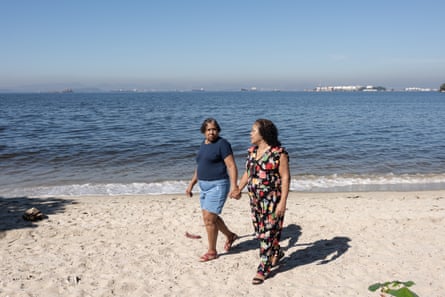
The lawsuit seeks compensation and a lifelong pension for her family, as well as formal recognition of the state’s responsibility for her death.
The researchers and lawyers commissioned a gynaecologist and obstetrician to conduct an expert review of what happened to her.
The list of alleged failings is extensive, and began as early as her prenatal care, when Frazão was reportedly never identified as having a high-risk pregnancy.
According to the victim’s family, there was also a racial element, as Frazão was a black woman.
“If my daughter were white, this wouldn’t have happened to her,” said her mother, Eny.
Immediately after giving birth, Frazão complained of shortness of breath, but doctors at the hospital reportedly dismissed it as “anxiety” and told her to see a psychiatrist.

“That’s racism,” said her sister Érika. “Black women are always treated as if we don’t feel pain or are seen as nervous or unstable.”
In the lawsuit, they argue that Frazão was also a victim of “obstetric racism” and the systemic mistreatment of Black women within Brazil’s public healthcare system.
During the pandemic, most of the maternal deaths were among black women; to this day, Afro-Brazilian women face twice the risk of dying during pregnancy, childbirth or postpartum compared with white women.
“There are protocols, and doctors are trained to deal with everything that happened to her – but when the patient is a black woman, all of that is ignored,” said Mariane Marçal, assistant project coordinator at Criola, the other organisation supporting the case.
In 2011, Brazil became the first government to be condemned by an international conventional body – the United Nation’s Committee on the Elimination of Discrimination Against Women – for a preventable maternal death.
Alyne Pimentel Teixeira, 28, who was also black, died six months into her pregnancy after seeking medical care and being sent home with only a prescription but no tests.
“If Brazil had fulfilled the obligations set out in that ruling, Frazão would not have died,” said Mônica Sacramento, programme coordinator at Criola.
All the hospitals named in the lawsuit are run by Rio’s city government, which said the events took place under the previous mayor, that “the teams involved have since been changed,” and that it would cooperate with the judiciary to “help clarify the case”.
Frazão’s eldest sister, Mônika Frazão, 54, hopes the case will bring about change in Brazil.
“We want the state to acknowledge that it failed us, that it failed her and her children … It might be wishful thinking, but we hope this means others won’t have to go through the same pain we did,” she said.

 3 months ago
85
3 months ago
85


